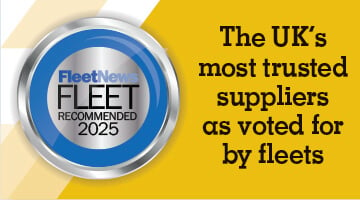Such schemes require significant tax and human resource planning to implement, but when run successfully promise employers savings of thousands of pounds per year while sheltering drivers from any increase in company car tax, according to Gordon Calder-Jones, head of Alto, Interleasing's employee car ownership scheme.
He candidly admits that employee car ownership schemes (ECO) are not appropriate for every fleet nor for every driver on a fleet, and strongly recommends that employers obtain Inland Revenue approval before proceeding with any ECO.
But the potential wins are simply too large not to investigate.
'With the reduction in Inland Revenue Approved Mileage Rates, the savings for large engined cars have reduced, and where last year we achieved savings of £3,500 per car this year that has come down to £600,' said Calder-Jones.
However, not many finance directors are going to turn up their noses at the prospect of saving £600-plus per car per year, especially when those savings can be multiplied across a fleet without negative impact on drivers.
Calder-Jones claims that ECO schemes require less administration from employers than orthodox contract hire, and says they are easier for employees than arranging their own car for business with a cash option.
Under ECO arrangements employers can maintain their fleet buying terms, and ensure that corporate insurance continues to cover fleet cars, a particular concern given the tendency of certain insurers to remove business mileage cover from standard retail policies.
The schemes also have the capacity to deliver the peace of mind service and maintenance provision that drivers associate with a company car, with the added bonus of residual value protection. However, introducing and operating an ECO scheme is not all a bed of roses. Initial professional consultancy fees – and Calder-Jones recommends that fleets employ independent tax advisers when constructing a scheme – can be substantial (and prohibitive for small fleets).
Nor is the implementation phase for the faint-hearted, with detailed, individual communication required to inform employees why they are signing credit sale agreement forms that technically make them owners of their 'company' cars.
Furthermore, should an employee leave a company and want to terminate the car agreement, there may be benefit in kind liabilities















Login to comment
Comments
No comments have been made yet.